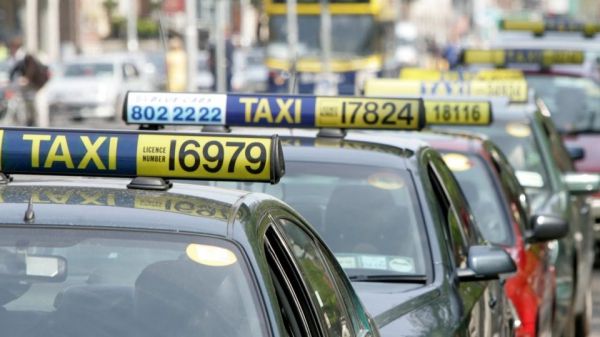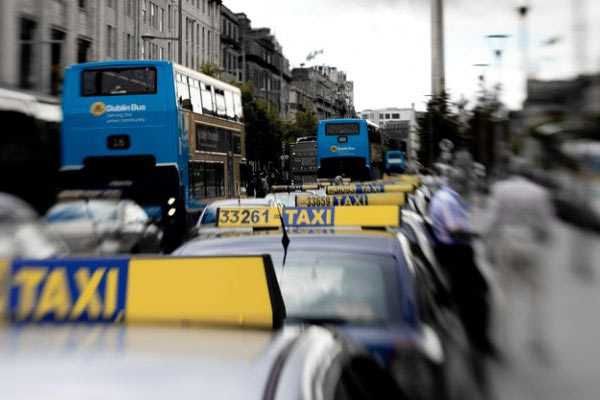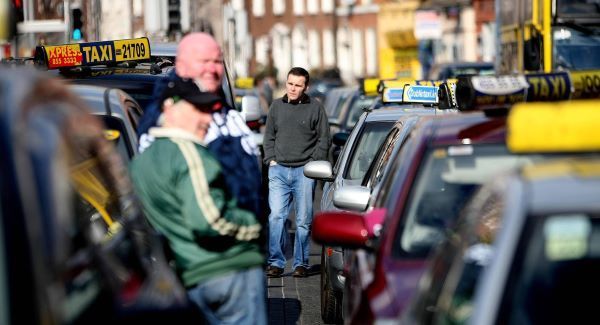23 new taxi locations proposed across capital
Dublin City Council (DCC) has approved draft bylaws for 23 new taxi ranks across Dublin, nine of which will be active 24 hours a day, and 14 operational only at night, from 20.00-06.00.
The draft legislation is available for public consultation until 15 June at the DCC headquarters on Wood Quay.
The bylaws provide for nine new permanent/24-hour ranks at Lower Baggot Street, Barrow Street, Burgh Quay, Cavendish Row, Eccles Street, Hanover Quay, Marlborough Place in the city centre, and Silloge Road in Ballymun, a north-side disadvantaged area near the airport, currently undergoing a multi-billion euro urban renewal scheme.
There are also 14 new night-time ranks proposed for Baggot Street Lower; Bridge Street Lower; Capel Street, George’s Street Great South, Leeson Street Lower, Mount Street Lower, Ormond Quay Lower, Parliament Street, Phibsborough Road, Sackville Place, St John’s Road West, St Stephen’s Green South,Thomas Street and Wellington Quay – all in the city centre.
However the current bylaws do not take into account changes to ranks which will be necessary when the construction of the Cross City Luas line begins later this year. The council said these moves would be subject to a separate future review.
It is believed that a number of taxi ranks will be suspended and others removed definitively to facilitate Luas works. The Cross City line will eventually connect the Green line at St Stephen’s Green on the south side of the city with the Red line at O’Connell St, across the river Liffey. From there it will continue northwards and connect with the tram line in Cabra.
The €368 million project is scheduled for completion by the end of 2017. There are 110 permanent 24-hour taxi ranks throughout Dublin's city centre and suburbs.
The announcement of extra taxi ranks follows the expanded capacity of Dublin's Dart light-rail service whose frequency has been increased from one train every 15 minutes to one every ten minutes during peak times. Irish Rail said the move is in response to a significant rise in passenger demand, reflecting Dublin's advancing economic recovery and expanding workforce.



















